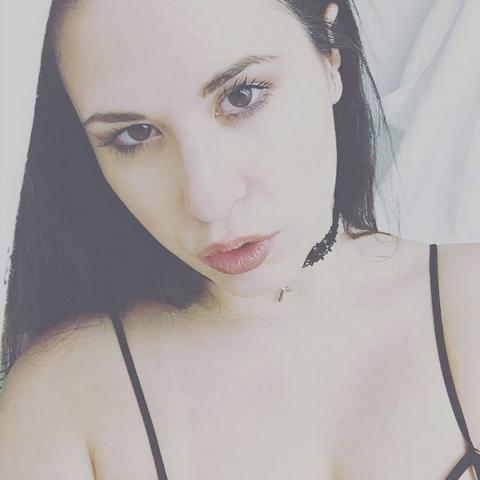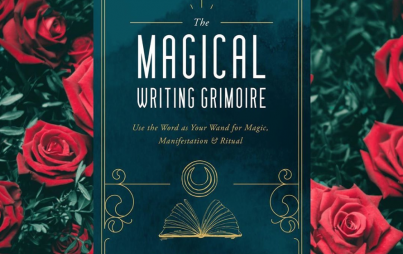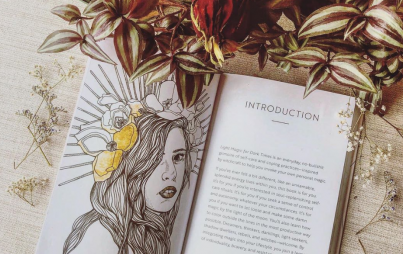Lisa Marie Basile
Bio
Lisa Marie Basile is the founding creative director of Luna Luna Magazine--a popular magazine focused on literature, magical living, and identity. She is the author of "Light Magic for Dark Times," a modern collection of inspired rituals and daily practices, as well as "The Magical Writing Grimoire: Use the Word as Your Wand for Magic, Manifestation & Ritual." She can be found writing about trauma recovery, writing as a healing tool, chronic illness, everyday magic, and poetry. She's written for The New York Times, Refinery 29, Self, Chakrubs, Marie Claire, Narratively, Catapult, Sabat Magazine, Healthline, Bust, Hello Giggles, Grimoire Magazine, and more. Lisa Marie has taught writing and ritual workshops at HausWitch in Salem, MA, Manhattanville College, and Pace University. She earned a Masters's degree in Writing from The New School and studied literature and psychology as an undergraduate at Pace University.
Lisa Marie Basile Articles
This article first appeared on Luna Luna and has been republished with permission.
I am fortunate to receive tons of wonderful books on a wide range of topics, but some of my favorites include those by talented witches and magical beings whose books approach magic in accessible, inclusive, radical, and fresh ways.
I am always on the lookout for books which a) present an updated look at magic and witchcraft to a modern audience, b) frame witchcraft in a way that is inclusive and holistic — meaning it addresses systemic issues in society, and c) blend and blur genres — books of narrative non-fiction alongside research, poetry entwined with spellcraft, or divination techniques alongside storytelling.
Read...Some grief is inert. Some grief is an engine. Sometimes actively participating in grief, I’ve learned, is one small way we can learn to escape its riptide.
Read...If you’re an empath, you probably easily absorb the emotions of others and need time alone to decompress. If you're like me you're one exhausted empath!
Read...What do you do when your workplace is so toxic that it makes you sick? How do you take action then? What happens when you have nothing left to give?
Read...When the spread was published, all the girls in the shot were small — small enough to notice their not-bigness. It was the first time I felt “othered,” the first time I noticed how some versions of thin weren’t thin enough.
Read...How much energy does it take to be jealous? Hint: Way too much.
Read...Remember that your body is you, it is not separate. Treat it, yourself, with love. You’re a body of magic.
Read...It’s Monday, 6 a.m. and Sarah, 30, wakes up — as she does five days a week (but really, it’s seven, because the body is a fickle thing).
Read...













